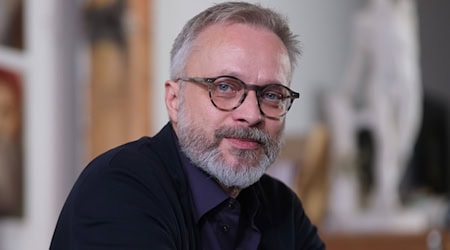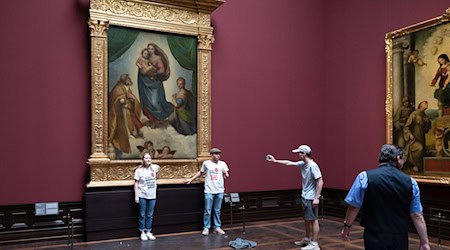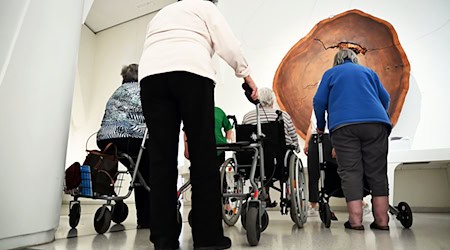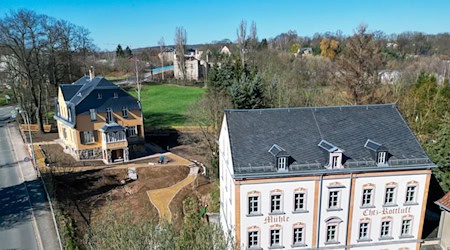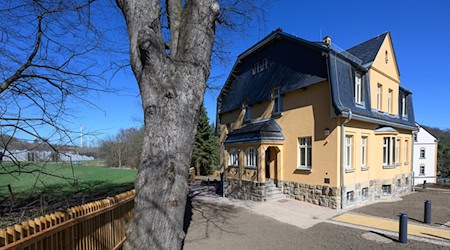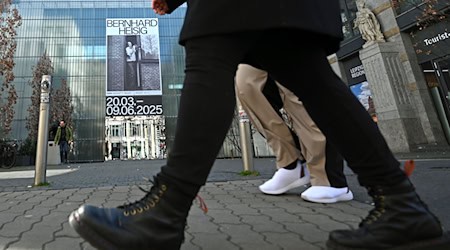The German Hygiene Museum Foundation warns of cuts to state subsidies. According to a statement, the city of Dresden has announced that it will reduce its annual contribution by 665,000 euros as part of its planned budget cuts. This would bring it down to the level of 2004, regardless of general cost increases and current inflation. As the city and the Free State finance the foundation jointly, this would mean a total cut of 1.33 million euros per year. "This would put the museum in a precarious situation."
Foundation sees the museum's reputation at risk
The foundation pointed out that the Deutsches Hygiene-Museum, with its range of attractions especially for families, children and young people, is one of the cultural flagship institutions of the state capital with a national and international reputation. Should the city council decide to make the "serious" cuts, "this successful work could not be continued in the usual form and the profile of the museum would inevitably change", she appealed, warning: "The reputation of the museum, which has been built up over the last 30 years, is seriously at stake."
Museum with over a hundred years of history
The Deutsches Hygiene-Museum Dresden was founded in 1912 by industrialist Karl August Lingner (1861-1916). The inventor of Odol mouthwash was one of the protagonists of the 1st International Hygiene Exhibition in Dresden in 1911. The collection includes more than 30,000 objects relating to the history of health education and care, such as the world-famous glass figures. Since 1999, the museum has been run by a foundation which, in addition to equal funding from the city and state, only receives limited donations from companies and foundations. In addition to the permanent exhibition on mankind, there are top-class presentations - and a children's museum.
Copyright 2024, dpa (www.dpa.de). All rights reserved


